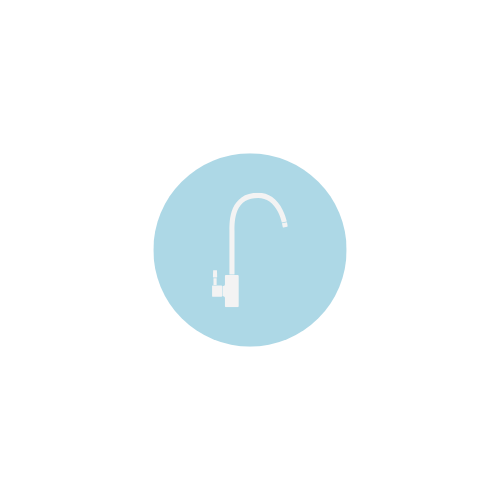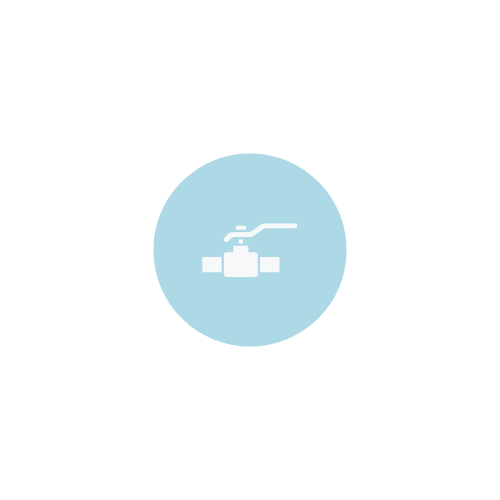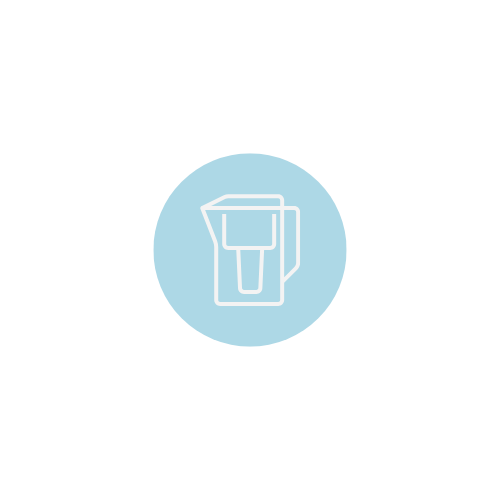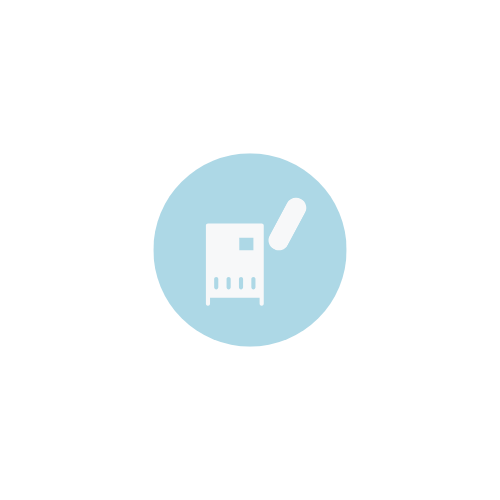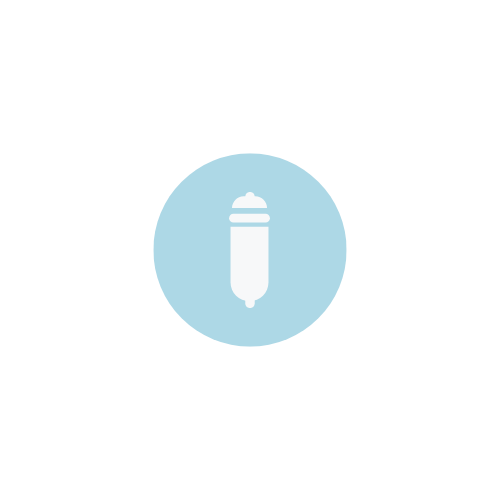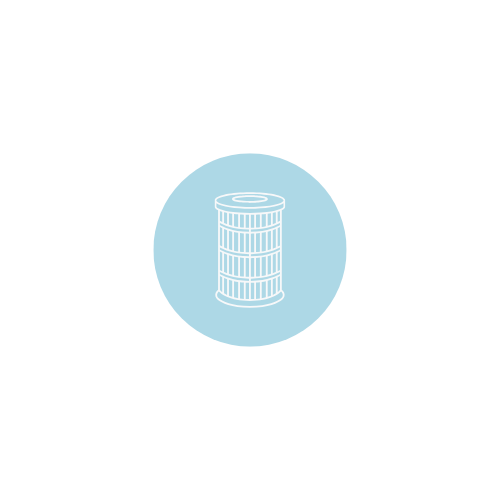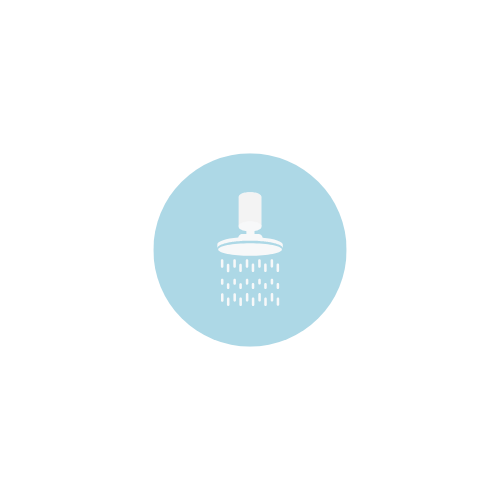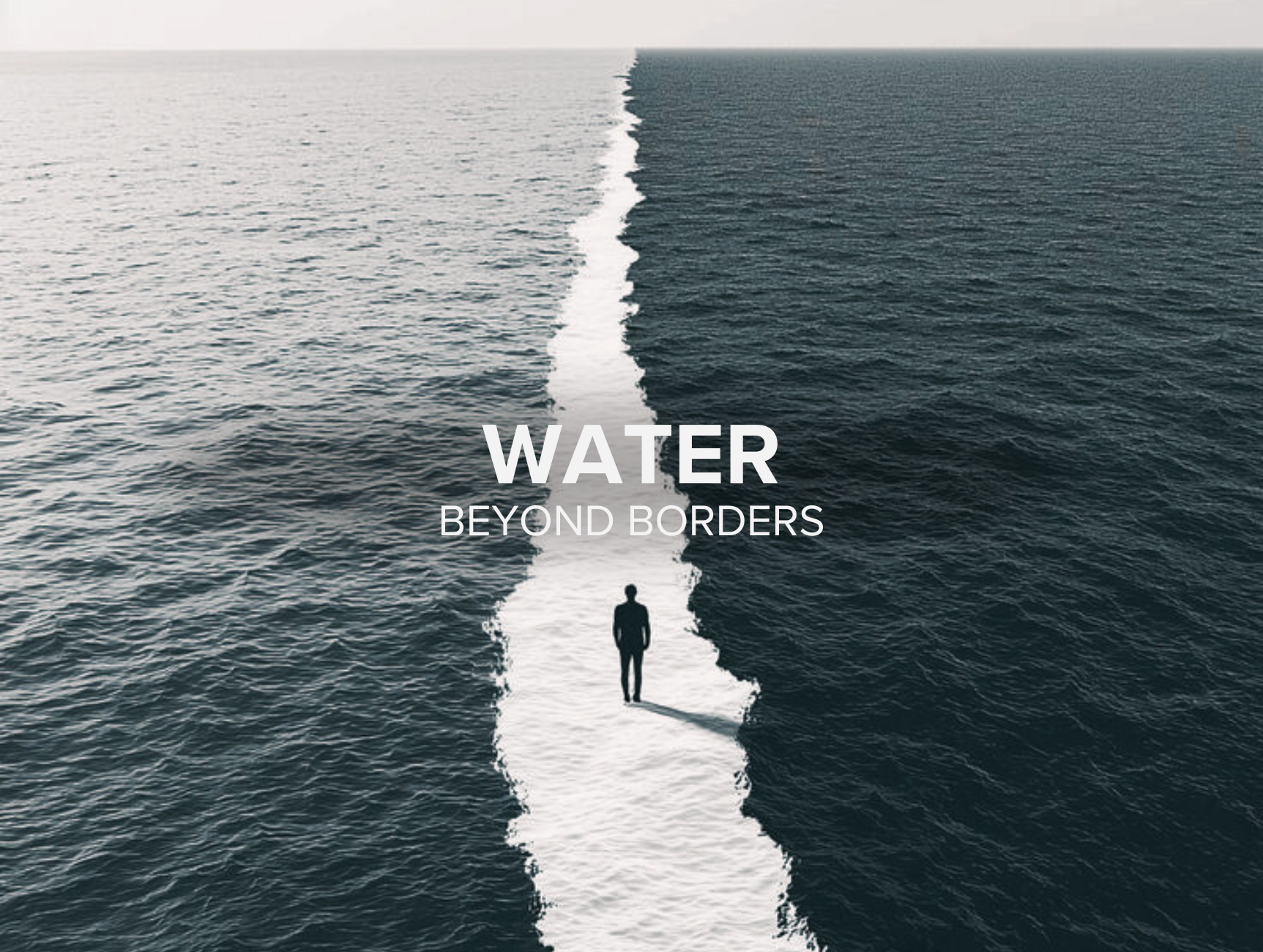

Water Beyond Borders
How collaboration, culture, and connection are reshaping the way we care for water
At this year’s Water New Zealand Conference, something was different.
The room wasn’t just filled with local engineers and regulators - it was joined by voices from across the world. From Fiji to the Philippines, Malaysia to Australia, delegates spoke of shared challenges that transcend geography: polluted rivers, ageing pipes, rising costs, droughts, and the invisible load of emerging contaminants.
The partnership with the International Water Association (IWA) gave this year’s conference a truly global heartbeat. Suddenly, it was clear that New Zealand’s story is part of a much larger flow - a worldwide effort to understand, protect, and restore the lifeblood of our planet.
Water doesn’t respect borders
Every river is a reminder that boundaries are human inventions.
Water flows across farms, councils, and countries, carrying the imprint of how we live. It links our taps to the health of the mountains and seas. What’s poured down a drain in one district can eventually shape the drinking supply of another.
As one speaker put it, “Water is the ultimate connector.” And that connection comes with responsibility. Whether you’re a policymaker, a plumber, or a parent filling a jug - every choice matters. The conference made it clear that we cannot protect our own catchments without understanding how interconnected they truly are.
Learning from global perspectives
Many of the most inspiring case studies came from beyond our shores.
-
In Fiji, a national effort is underway to digitize and integrate water asset data - a leap forward for transparency and precision in resource management.
-
In Malaysia, decades of regulation have built a self-funding sanitation network that is finally reaching profitability after 20 years, showing what long-term commitment looks like.
-
In Manila, regulators and service providers are transforming wastewater into reusable energy, fertilizer, and reclaimed water - proving that waste, when managed well, can become value.
These stories show that innovation doesn’t just come from wealth; it comes from necessity, collaboration, and belief in shared stewardship.
The Iwi perspective: Water as kin
While the global examples were powerful, it was Aotearoa’s own Indigenous worldview that grounded the conversation.
In te ao Māori, water - wai - is a living ancestor, not a resource. It connects sky and earth, people and place, body and spirit. You care for it as you would a loved one because its health reflects your own.
This mindset is slowly making its way into New Zealand’s legal and regulatory frameworks - through the recognition of river personhood and co-governance models. Yet, as several Māori delegates reminded us, this isn’t just a cultural narrative; it’s a practical framework for sustainability. When you treat a river as a being with health rights, your decisions shift from extraction to reciprocity.
Shared struggles, shared hope
Across every talk, one truth echoed: the challenges are universal.
Whether in rural New Zealand, industrial Australia, or island nations in the Pacific, communities face the same triad of obstacles - contamination, climate change, and capacity. Many of the smaller suppliers in NZ are still battling the same issues that were raised in case studies from Asia: limited funding, outdated infrastructure, and the need for better education around risk.
The comfort - and perhaps the inspiration - is knowing we’re not alone. Every country, at every stage of development, is learning together.
Ionza’s reflection: global thinking, personal action
For those of us outside the policy tables, the message is simple: you are part of this system too.
When you choose to filter your water, when you avoid pouring waste down the drain, when you see the river as a living relative instead of a utility - you’re participating in the same movement that regulators, scientists, and Indigenous leaders are working toward globally.
At Ionza, we believe clean, living water starts at home - not as an isolated act, but as a continuation of this worldwide conversation. The technology may differ between a Pacific island and a New Zealand kitchen, but the intent is the same: to restore balance.
Because water has no borders - only relationships. And caring for it begins wherever you stand.









